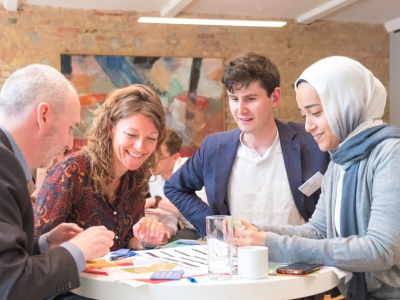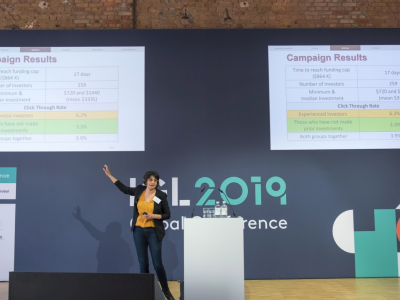Putting policy experimentation into action at IGL2019
By now you should have gathered that at IGL we believe innovation, entrepreneurship and business growth policy would benefit from being more experimental. It will also therefore not be a surprise that this is a common theme at IGL conferences, with sessions each year showcasing policy relevant experiments and workshops that build awareness and knowledge of experimental approaches.












